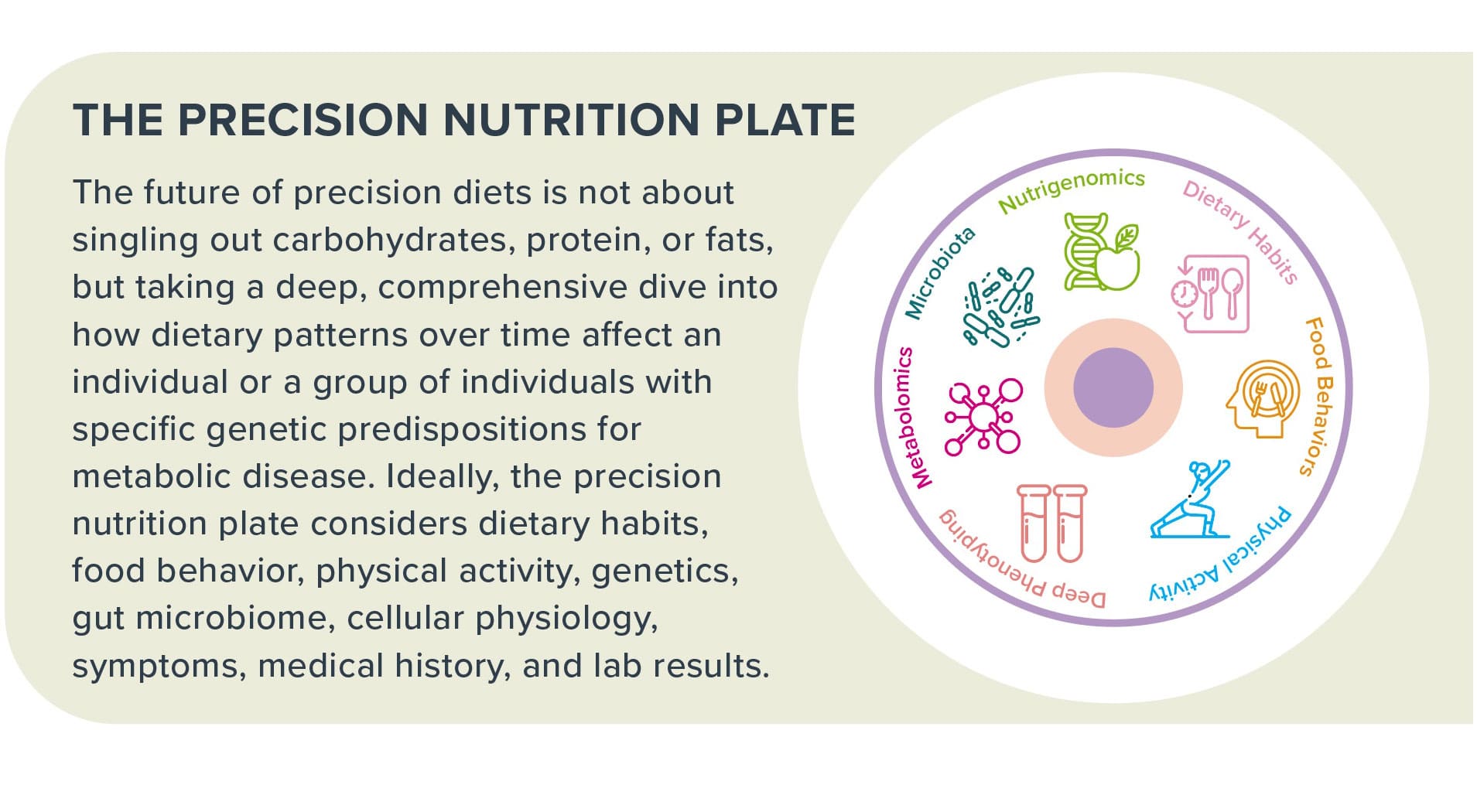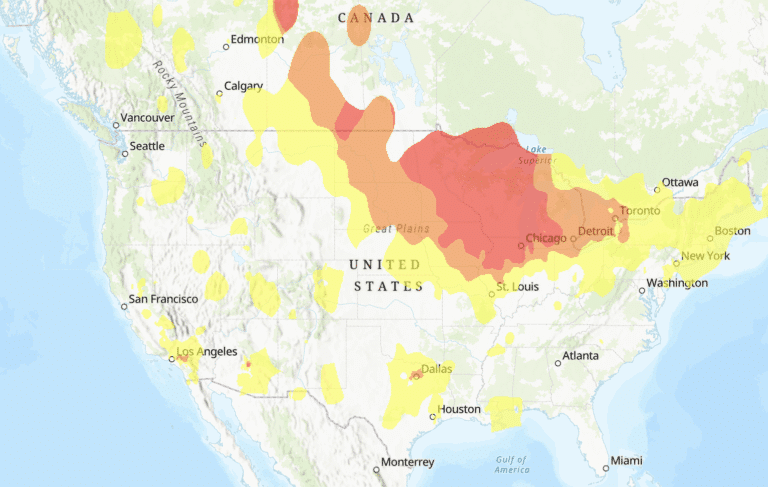Optimizing the food on your plate to fuel you, rather than deplete you
Fact checked by Jim Lacy
Your daily nutrition needs are unique to you — the specific foods that help your body function, the tastes and textures that resonate with you, the time your body clock tells you you’re hungry. But did you know that there are precise nutrition protocols that can target your specific genetic and metabolic makeup?
Precision nutrition, an emerging area of research, focuses on understanding metabolic differences among individuals. The National Institutes of Health in 2022 invested $170 million in this research, across 15 health centers, institutes, and offices nationwide. The agency recognized precision nutrition as an important field of research to support dynamic, multidimensional nutrition guidance in a diverse world.
With this information, dietitians can prescribe customized eating plans and interventions to optimize individual health.
“Precision nutrition uses a person’s genetics, microbiome, and metabolic profile in making targeted nutrition recommendations,” says Deb Ognar, a sports and wellness registered dietitian in Glenview.
Testing blood, stool, and saliva — which can be done via at-home test kits, such as Viome — provide a picture of what’s happening in the complex community of microorganisms in various parts of the body. Additionally, a metabolic profile analyzes kidney function, blood sugar levels, and electrolyte levels to determine overall health status.
The precision nutrition model encompasses gene-nutrient interactions, and takes into account epigenetic (changes in your environment or behaviors that affect how your genes are expressed), microbiome, and environmental factors.
The individualized nutrition recommendations also work off tech advances such as artificial intelligence (AI) to optimize personalized nutrition and health outcomes, says dietitian Jennifer Bruning, a spokesperson for the Chicago-based Academy of Nutrition and Dietetics.
Is precision nutrition the same as personalized nutrition?
Though precision and personalized nutrition sound similar and share some of the same aspects, they differ in their approaches. Precision nutrition can be individualized, as well as applied to groups of people who need nutrition therapy for specific disease states, such as people with diabetes or heart disease.
“Neither is a one-size-fits-all approach. Precision nutrition uses specific data from each person, such as genetics, gut microbiome, and other biomarkers, to make food and nutrient recommendations that help your body thrive. In other words, recommendations are based on a person’s biological needs. Personalized nutrition looks at labs, health status, individualized preferences, and goals in making dietary recommendations,” Ognar says.
Both look at the individual, but target different aspects to formulate a viable nutrition plan. The distinction is that precision nutrition takes a deeper dive into objective data (genetics, microbiome, and inflammatory markers), while personalized nutrition looks at subjective information too, (individual behaviors, food choices, and preferences), and risk for disease states.
Bruning says research advances in the areas of microbiome and genome “will make precision nutrition that much more targeted of an approach.”
Precision diets and weight loss
Precision nutrition offers hope especially to people living with obesity, which can lead to many other chronic conditions. Now understood to be a complex disease, obesity is more than just about calories in versus calories out; it involves the interplay of genetics; gut microbiome; and psychosocial, behavioral, and environmental factors.
A person’s phenotype, which includes where one stores body fat, as well as weight, body mass index (or height to weight ratio), and waist circumference, is unique, and unlocking the optimal precision nutrition prescription can create sustainable dietary options for long-term weight loss and maintenance.
“Advances in precision nutrition may mean earlier detection or lower likelihood of developing a disease,” Bruning says. “A tailored dietary intervention, combined with appropriate medical intervention, could mean more years of healthful living.”
Getting precise about nutrition needs is complex. It involves continuous research and assessment to pinpoint multiple variables in assessing which foods function as medicine for you. For Ognar, “Precision nutrition can be a way to get a jump start on preventing and treating diseases.”
Originally published in the Spring/Summer 2025 print issue.

Vicki is a registered dietitian nutritionist, lifestyle nutrition expert, writer, culinary and media consultant and author of two books.














